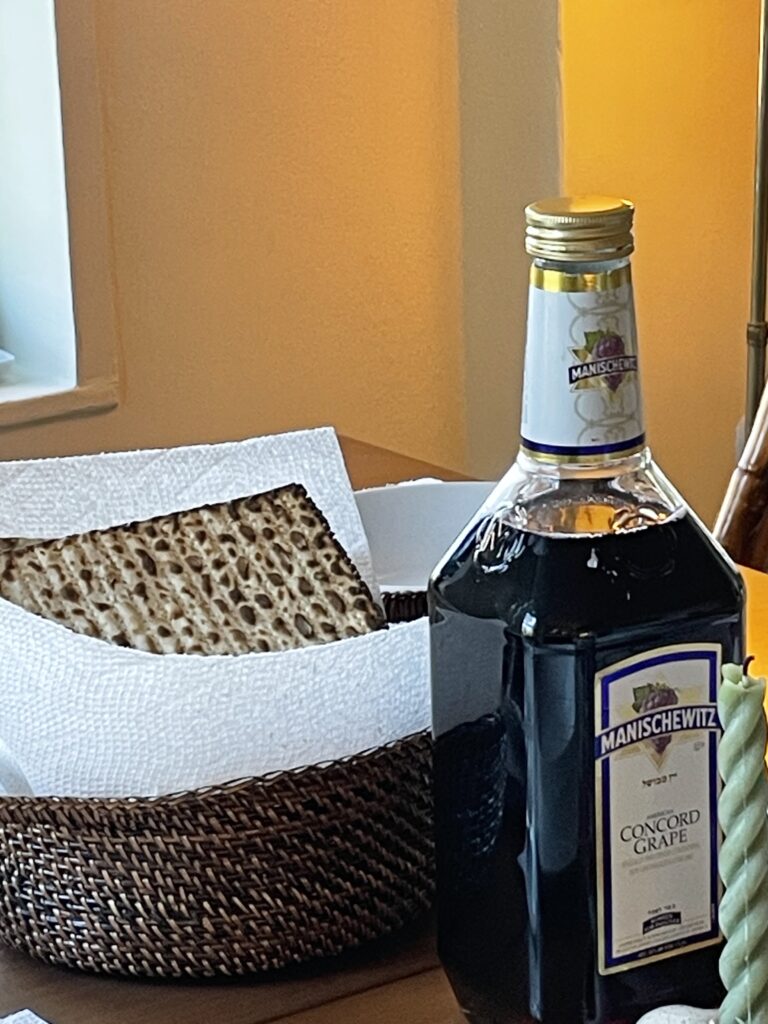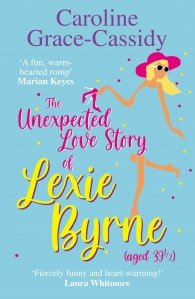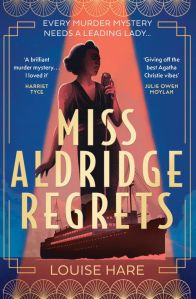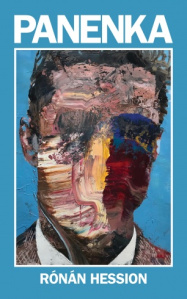
Today’s post is excerpted from Heart. Soul. Pen.: Find Your Voice on the Page and in Your Life by Robin Finn (Morehouse Publishing).
Limiting beliefs (also called misbeliefs) are judgments or misinterpretations of reality that hold us back or limit what we can do, be, or achieve. One of the most powerful breakthroughs I had while studying spiritual psychology was that I could change my belief system. I learned that I could consciously identify, revise, and release any beliefs I had that did not serve me, made me miserable, or held me back. I did not have to hold onto beliefs from second grade, or from PTA meetings, or that other people placed on me.
When I changed my beliefs, my life experience changed. That is how powerful and predictive inner beliefs are: they dictate your inner thoughts as well as your outer experience.
While creating a new belief system gave me a sense of relief right away, I did not immediately embrace these new beliefs. It took time. I had to practice daily. I would catch myself falling into my old limiting beliefs and I would need to read, review, and accept my new beliefs over and over again. The more I repeated the new beliefs, the more comfortable I became with them. Eventually, they simply became my new belief system.
After I completed my spiritual psychology program, I wanted to take a writing class. Writing had been calling me for years, but I resisted. Every time I thought about it, I always came up with reasons why the timing was not right. After I earned my master’s degree, I decided now was the time.
But I could feel the limiting beliefs inside of me. I knew they were there. I knew that I held judgments against myself. I knew that I did not believe I was a real writer. I knew that I thought everyone else was cooler and smarter and way more interesting than me, a middle‐aged mother of three. I knew it and I could feel it and I knew I had to face it.
So I examined my beliefs about writing and worthiness by writing down each belief. Mine looked like this:
- Only young, hip people have something to say.
- I am too old to write.
- It is too late.
- My writing is embarrassing.
- The topics I am writing about are boring.
- No one will care about what I am writing.
- I am not a good writer.
- I should stop trying.
- If I keep writing, everyone will see I am not good enough.
- I missed my chance.
I reviewed each belief according to two main questions:
- Does this belief support my goal to write, express myself, unleash my radical self‐expression?
- Does this belief make me feel good—is it uplifting?
If the answer to both questions was “yes,” I kept the belief. If the answer to either question in whole or in part was “no,” I revised or released it.
I created new beliefs that supported my goal to write and express myself. Here were my beliefs when I finished:
- I write because I feel called.
- I am naturally creative.
- Writing is an adventure.
- I am curious about what words will emerge.
- I give myself permission to write what is true for me.
- I am worthy of hearing and expressing myself.
- I am safe.
- I am allowed to be seen.
- It is enough to show up and write.
- I am enough.
- Now is the perfect time.
- I have compassion for myself.
Getting rid of my limiting beliefs about writing, about myself as a writer, and about my own worthiness gave me the sense of relief I experienced when I used the same approach with parenting. But, like before, it also took time to fully embrace these new beliefs. Seven years later, I was a widely published essayist.
Limiting beliefs limit our capabilities.
If we want to find our voice, write with abandon, or allow our thoughts and ideas to flow onto the page, we have to stop and look at the beliefs we hold about writing before we start writing. If we do not take the time to identify, revise, and release limiting beliefs, writing often goes like this:
- You feel the creative spark or a strong call to write. Some story or seed or idea wants to come out and be expressed. You are excited to write.
- You buy a new journal, enroll in a writing class, or commit to set aside time to work on a bubbling story, poem, or essay, or simply let out your thoughts on the page. You feel inspired. You begin to write.
- You read what you wrote and judge it. You decide it is not good. Or you like it and share it with a friend, teacher, or writing group and the feedback you get confuses you or undermines your belief in the idea. You had the best of intentions but now you struggle and freeze.
- You stop writing.
- You give up.
When I talk with students who have encountered this phenomenon, they tell me that, deep down, they did not feel their story was enough—not big enough or important enough or worthy enough—to justify spending time writing about it. They tell me they felt they did not have the authority, wisdom, talent, or commitment to write it. They tell me that giving up made them miserable because they deeply wanted to write, but they could not muster the energy or focus or inspiration to keep going. I tell them that writing while holding limiting beliefs about writing is hard. But that does not mean you should give up your writing. It means you should give up your limiting beliefs.
In addition, society sends gendered messages to women about the value of their stories. These messages suggest women’s stories are not important, women’s issues are taboo/inappropriate/should remain hidden, women’s experiences are not interesting, particularly those of older women. These messages look like:
- Whoops, woman over thirty, you’re past your prime.
- Midlife women, you are too old to start writing or to keep writing or to write anything anyone wants to read.
- You are a mother? People are not interested in your child‐rearing stories or how hard it is to parent or how tired you are of making the same meal every day for three years for picky eaters or that you won’t eat cake at your birthday party because you’re afraid of gaining weight or how crazy your own mother made you feel.
- No one wants to hear about period pain or pregnancy or menopause. Please keep your bodily functions and your hot flashes, night sweats, and meno‐fog to yourself.
- Abortion, sexual assault, and workplace discrimination are hot button issues: you better proceed carefully.
- Your story is boring and/or we have heard it before, so we don’t need to hear it again.
Here is what I know about limiting beliefs. We all have them. There are different versions and often originate in childhood or when we are young, but essentially, all say the same thing: you are not good enough so stop writing. They keep us small and quiet. They force us to give up. They plague women by playing on our fears that we are “not enough.” They shut us down. They are designed to protect us and keep us safe from harm. They are not true.
Note from Jane: If you enjoyed this post, be sure to check out Heart. Soul. Pen.: Find Your Voice on the Page and in Your Life by Robin Finn.
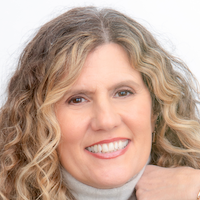
Robin Finn, MPH, MA, is an award-winning writer, teacher, and author of the new book, Heart. Soul. Pen.: Find Your Voice on the Page and in Your Life (Morehouse Publishing, April 30, 2024). Her work has appeared in national and international press, including The New York Times, The Washington Post, and The Los Angeles Times. She teaches at UCLA Extension Writers’ Program and holds master’s degrees in public health from Columbia University and in spiritual psychology from the University of Santa Monica. Robin lives in Los Angeles with her family. Find her at robinfinn.com.


